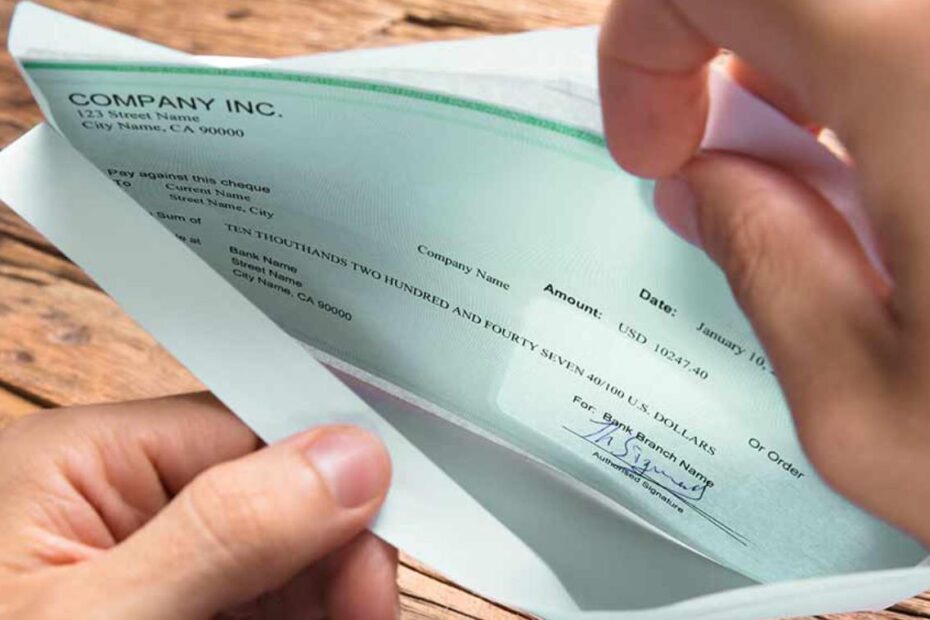Are you looking for Why Did My Mortgage Company Send Me A Check? Receiving an unexpected check from your mortgage company can be both surprising and confusing. This article aims to demystify the reasons behind such an occurrence and guide you through the possible scenarios.
Key Takeaways
- Escrow refunds are a common reason for receiving a check.
- Insurance claims involving your mortgage company can also result in a check.
- Year-end account reviews may lead to a refund.
- Understanding the terms of your mortgage can prevent confusion.
- Always consult your mortgage company for the exact reason.
Why Did My Mortgage Company Send Me A Check?
The answer is that you’ve likely received an escrow refund. This happens when your escrow account holds excess funds. At the end of the year, the mortgage company reviews the account and refunds any surplus money to you.
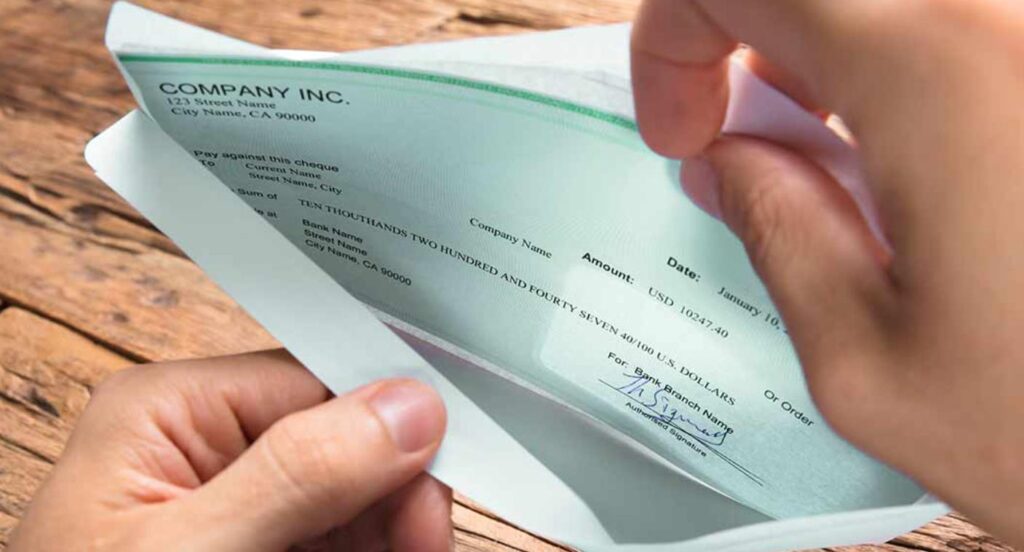
What Is An Escrow Refund?
An escrow refund is a check you receive when your escrow account holds more funds than needed. This usually occurs after an annual analysis of your escrow account by your mortgage servicer.
The refund represents the excess amount collected for property taxes, insurance, or other escrowed items. It’s essential to note that you may not qualify for an escrow refund unless the surplus is at least $50. However, if you’ve paid off your mortgage, you’re entitled to an escrow refund regardless of the amount.
The escrow account serves as a financial cushion, ensuring that you can cover property-related expenses like taxes and insurance. When these costs decrease or you’ve overpaid, the extra funds are returned to you. Always consult your mortgage servicer for specific guidelines on escrow refunds, as policies can vary.
Insurance Claims and Your Mortgage Company
When you file an insurance claim related to your property, the insurance company may issue a check to cover the damages or repairs. Interestingly, this check is often made out to both you and your mortgage company.
This is because the mortgage company has a vested interest in the property; after all, it serves as collateral for your loan.
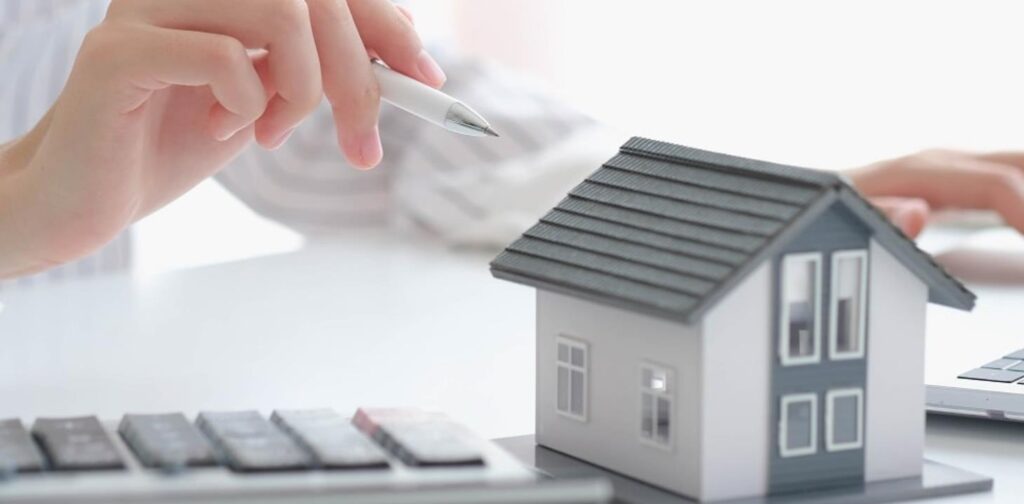
In such scenarios, you can’t simply cash the check yourself. You’ll need to endorse it and send it to your mortgage company for their endorsement as well. The mortgage company may require documentation of the repairs or may even request that the funds be used to pay down the mortgage.
Once they’re satisfied, they’ll endorse the check and send it back to you, allowing you to cash it and use the funds as agreed upon.
This process ensures that the funds are used for their intended purpose—maintaining or repairing the property. It protects both the homeowner and the mortgage company by making sure the property’s value is preserved or enhanced.
How to Handle Insurance Checks?
Receiving an insurance check that includes your mortgage company as a payee can be a bit complicated. However, understanding the process can make it smoother. Here’s how to handle such checks:
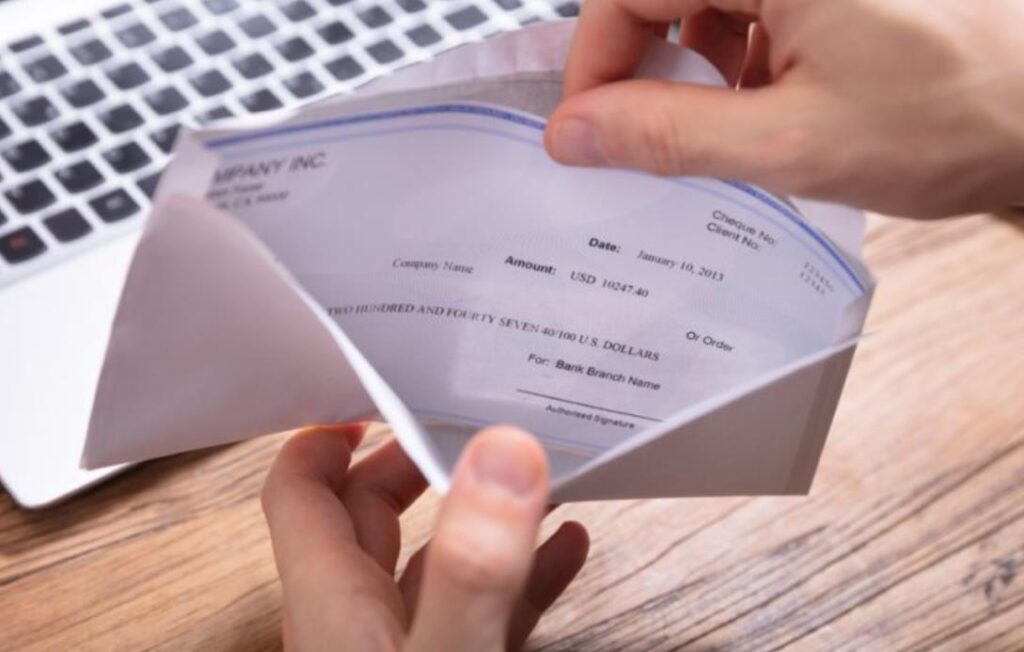
- Endorse the Check: First, you’ll need to endorse the check. This usually means signing the back of the check in the designated area.
- Contact Your Mortgage Company: Before depositing the check, reach out to your mortgage company. They’ll guide you through their specific process, which may include sending the check to them for endorsement.
- Provide Documentation: Your mortgage company may require documentation proving that the repairs have been completed or are in progress. This could include invoices, photos, or inspection reports.
- Mortgage Company Endorsement: Once satisfied, the mortgage company will endorse the check and send it back to you. Some companies may deposit the funds into an escrow account and disburse them as the repairs are completed.
- Deposit or Cash the Check: After receiving the endorsed check from your mortgage company, you can deposit or cash it. Make sure to use the funds for the intended purpose, as failing to do so could lead to complications.
- Final Documentation: Once the repairs are complete, you may need to provide final documentation to your mortgage company. This could be a requirement for releasing any remaining funds if they were held in escrow.
Year-End Account Review
Your mortgage company performs an annual review of your escrow account. If they find that their estimates for your taxes and insurance premiums were too high, you’ll receive a check for the difference.
Why Annual Reviews Matter?
These reviews are crucial for both parties. They ensure you’re not overpaying, and they help the mortgage company maintain accurate accounts. Always pay attention to these reviews as they can result in extra money in your pocket.
Consult Your Mortgage Company
If you’re ever in doubt about why you received a check, the best course of action is to consult your mortgage company directly. They can provide the most accurate and personalized information.
Further Insights into Mortgage Company Checks
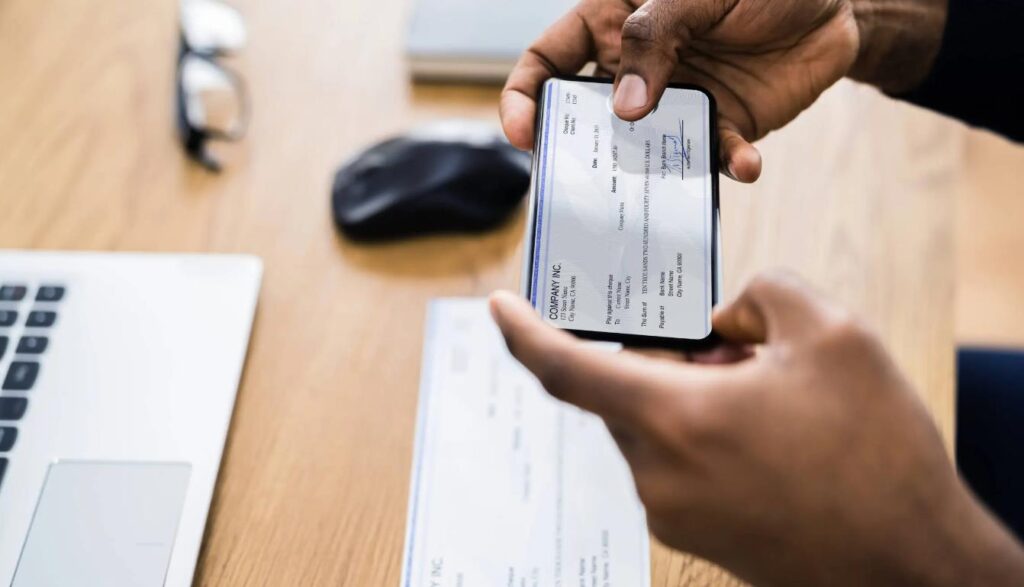
Loan Service Rights Sold
Sometimes, your mortgage lender may sell the service rights of your loan to another lender. This is often done to free up capital or cash in on the loan. When this happens, you might receive a check as part of the transition process. This check could represent a refund of fees or other charges that were initially levied by your original mortgage company.
It’s crucial to read any accompanying documentation carefully. This will help you understand why the check was issued and what steps, if any, you need to take next. Always confirm the details with your new mortgage service provider to ensure a smooth transition.
Live Check Loans
Another reason you might receive a check from your mortgage company is a live check loan. These are unsolicited loan offers usually sent by mail. If you cash or deposit this check, you’re essentially accepting a loan offer. Be cautious, as these checks often come with terms and conditions that may not be favorable.
Live check loans can be enticing but remember that they are debt instruments. Before cashing such a check, read the fine print and consider the interest rates and repayment terms. If in doubt, consult a financial advisor to understand the implications fully.
Mortgage Company as Part-Owner
In some cases, your mortgage company is part-owner of the property. They may send you a check as part of an agreement or settlement related to property improvements or other financial arrangements. This is more common in complex mortgage structures or joint ownership scenarios.
If you receive such a check, it’s essential to consult your mortgage agreement and speak directly with your mortgage company. This will help you understand the reason for the check and whether it impacts your mortgage terms or property ownership.
Pre-Approved Offers
Some checks you receive might be pre-approved offers for additional services or products from your mortgage company. These could range from insurance products to refinancing options. While these checks can be cashed, they usually signify acceptance of the offer.
Always read the terms and conditions before cashing these checks. If the offer doesn’t align with your financial goals, it’s best to disregard the check. Keep in mind that these are marketing strategies aimed at upselling services.
Why Is My Mortgage Escrow Account Sending Me A Check?
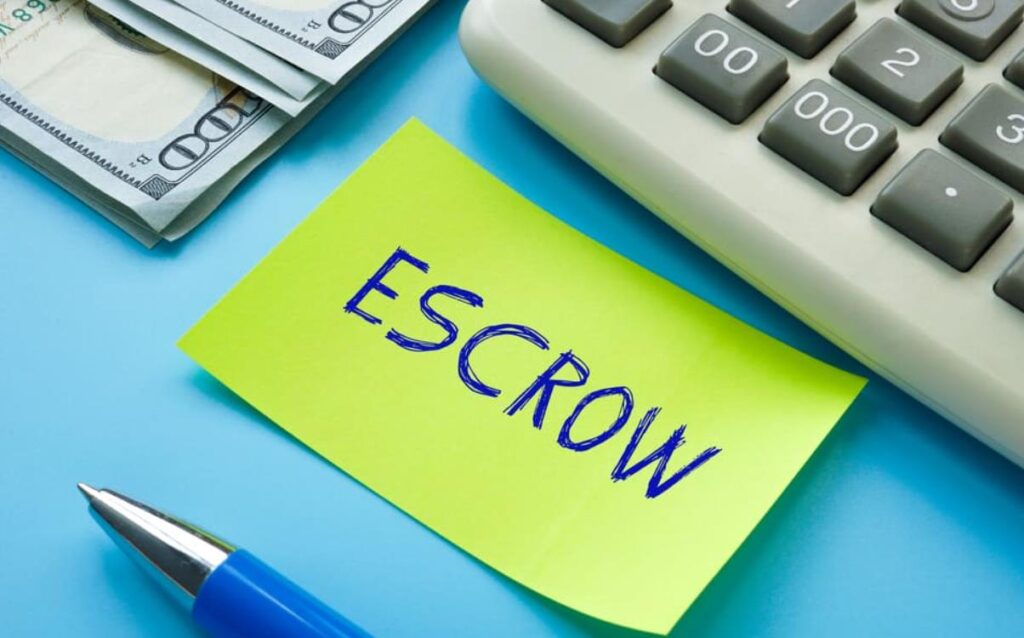
Paid Off Mortgage Completely
One of the most straightforward reasons you might receive a check from your mortgage escrow account is if you’ve completely paid off your mortgage. In this case, any remaining balance in your escrow account will be returned to you. Mortgage servicers are generally required to return this balance within 20 days after the mortgage is fully paid.
Lowered Tax Bills
Another reason could be a reduction in your property tax bill. If your property taxes have decreased and you’ve been making the same monthly payments into your escrow account, you’ll accumulate excess funds. These extra funds are then returned to you in the form of an escrow refund check.
Switched Insurance Companies
If you’ve switched your homeowner’s insurance to a more affordable policy, the savings could result in excess funds in your escrow account. These funds are typically returned to you after an annual escrow account analysis.
Overpayment at Closing
Sometimes, homeowners might overpay at the time of closing. If you made a larger upfront payment than necessary, you could end up with a surplus in your escrow account, leading to an escrow refund.
Annual Escrow Review
Mortgage companies usually conduct an annual review of your escrow account. If they find that your account has more money than needed to cover your property taxes and homeowner’s insurance, you’ll receive an escrow refund check.
Refinancing Your Mortgage
If you refinance your mortgage with a different lender, your original escrow account will be closed, and a new one will be created. Any remaining balance in the original escrow account will be sent to you as a check.
Complete Payoff of Loan
If you’ve managed to pay off your mortgage loan entirely, you’re entitled to receive the full remaining balance in your escrow account, irrespective of the amount.
What Should I Do With My Escrow Refund Check?
If you’ve received an escrow refund check, you might be wondering what to do with it. The first step is to understand why you received the refund. If it’s due to an overpayment or a decrease in property taxes, you can consider using the refund for various purposes. Some options include:
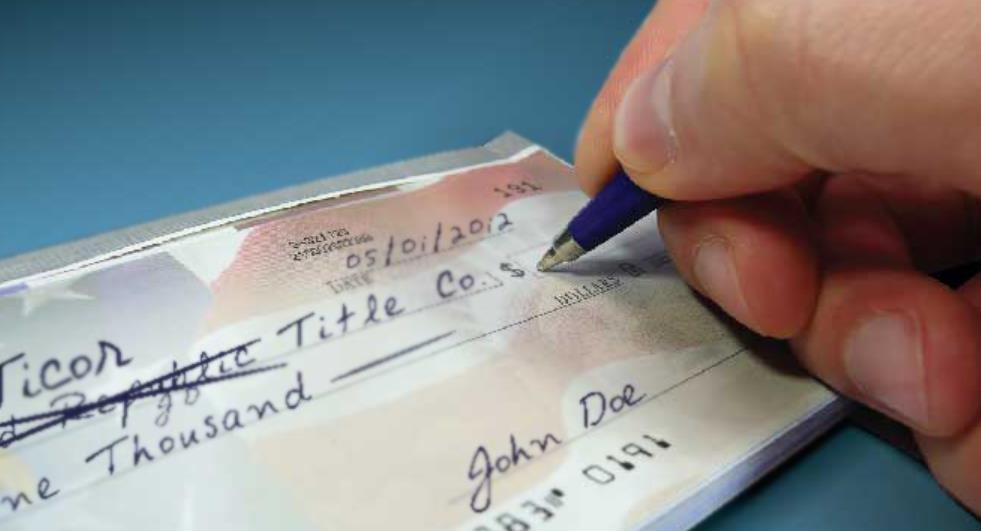
- Reinvest in Your Home: Use the refund for home improvements or repairs. This could increase your property’s value in the long run.
- Pay Down Debt: If you have high-interest debts like credit cards, using your escrow refund to pay them down can be a smart financial move.
- Save or Invest: Consider putting the money into a high-yield savings account or an investment portfolio for future gains.
- Emergency Fund: If you don’t have an emergency fund, this could be a good start. Financial experts recommend having at least three to six months’ worth of living expenses saved up.
- Consult Your Mortgage Servicer: Before making any decisions, consult your mortgage servicer to ensure you’re not required to re-deposit the funds into your escrow account.
What Is A Surplus Disbursement From My Mortgage Company?
A surplus disbursement from your mortgage company means you’ve received a check due to excess funds in your escrow account. This usually happens after an annual escrow account analysis. You may be eligible for a surplus disbursement in several scenarios:

- Paid Off Mortgage: If you’ve completely paid off your mortgage, any remaining balance in your escrow account will be returned to you.
- Lowered Tax Bills: A decrease in property taxes can lead to a surplus in your escrow account.
- Switched Insurance Companies: If you’ve switched to a more affordable insurance policy, the savings may result in a surplus.
- Overpayment at Closing: Paying more than necessary during the closing process can also lead to a surplus.
- Annual Escrow Review: Mortgage companies usually conduct an annual review of your escrow account. If they find excess funds, you’ll receive a surplus disbursement.
It’s crucial to understand why you received a surplus disbursement and consult your mortgage servicer for personalized advice.
Conclusion
In summary, receiving a check from your mortgage company is usually a sign of an escrow refund or an insurance claim process. Always consult your mortgage company for the exact reason and keep an eye on your annual account reviews.
We’ve explored additional reasons why you might receive a check from your mortgage company. Whether it’s due to the sale of loan service rights, live check loans, or other financial arrangements, always exercise caution and consult professionals for advice.
Frequently Asked Questions
When Do You Get An Escrow Refund?
You might get an escrow refund under various circumstances. For instance, if you’ve paid off your mortgage, you’ll be eligible for an escrow refund of the remaining balance within 20 days. Lowered tax bills or switching insurance companies for a better rate can also result in an escrow refund.
What Are Escrow Refund Checks?
An escrow refund check reflects the excess funds in your escrow account. The loan servicer usually issues this check after its required annual escrow account analysis. The timing can vary, and you may need to make a request to receive the refund check.
What Is A Refinance Escrow Refund?
When you refinance your mortgage, you might be eligible for an escrow refund. If you’re refinancing with your current lender, your escrow account may remain intact. However, if you’re refinancing with a different lender, your original escrow account will be closed, and you should receive a check for the remaining balance.
What Is An Escrow Balance Refund?
An escrow balance refund is essentially an escrow refund but for the entire remaining balance in your escrow account. This usually happens if you’ve paid off your mortgage and there’s still a balance in your escrow account.

Muhammad Talha Naeem is a seasoned finance professional with a wealth of practical experience in various niches of the financial world. With a career spanning over a decade, Talha has consistently demonstrated his expertise in navigating the complexities of finance, making him a trusted and reliable figure in the industry.
